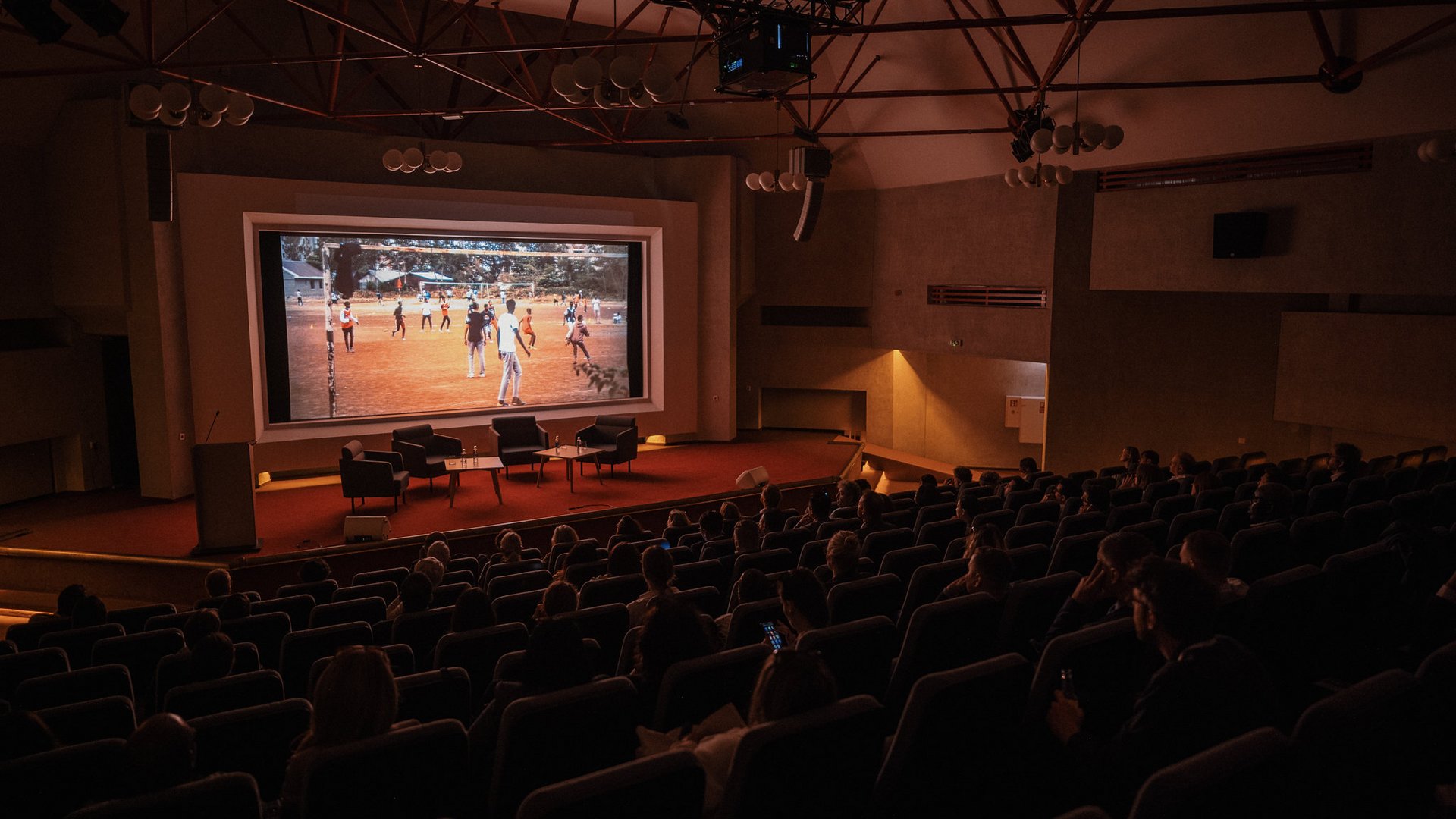
© Films4Transparency

© Films4Transparency
The most impactful documentaries go beyond raising awareness—they push the needle toward justice. When aligned with advocacy, journalism, or legal strategies, they can help drive investigations, trigger reforms, and even bring down corrupt officials. Films for Transparency and Dokumentale strive to make this connections for long lasting impact.
The Panama Papers, for example, showcased the work of the International Consortium of Investigative Journalists (ICIJ) and partners like OCCRP, making public a trove of data that would have otherwise remained in obscurity. The documentary didn’t merely narrate the leak; it made sense of it for global audiences, contextualizing the greed and secrecy with real human costs— from housing crises to underfunded schools.
Organizations like Global Witness also use visual storytelling in powerful ways—whether through in-house productions or by partnering with filmmakers—to expose corporate complicity, advocate for stronger regulations, and demand justice for those harmed by corruption and abuse of power.
When a documentary is strategically distributed—to media, policymakers, NGOs, and the public—it can become a linchpin in larger campaigns for transparency and reform. Some films have led to parliamentary inquiries. Others have shifted elections. Still others have ensured that the names of victims are not forgotten and that silence no longer protects the guilty.
Of course, telling these stories is not without risk. Documentarians tackling corruption often face harassment, censorship, legal threats, or worse. Their subjects—especially whistleblowers, activists, and community leaders—face even greater dangers.
With that risk comes responsibility. Filmmakers must weigh the urgency of exposing corruption against the potential consequences for those on camera. Protecting identities, ensuring informed consent, and respecting local contexts are not just ethical choices—they’re moral imperatives.
At both Dokumentale and Films for Transparency, we emphasize the importance of ethicalfilmmaking practices and the duty to "do no harm." We celebrate filmmakers who approach their subjects not as sources but as partners—recognizing their courage, vulnerability, and agency.
We also advocate for greater protections for filmmakers worldwide, and more robust funding models that prioritize integrity over profit.
Documentaries are more than films. They are catalysts. They are invitations to bear witness— and to bear responsibility.
In the fight against corruption, these stories matter because they help us see—not just how the corrupt operate, but how they are resisted. They show us where the systems fail, and where courage breaks through. They remind us that justice is not just an ideal—it’s a struggle, waged by ordinary people with extraordinary resolve.
At Dokumentale, and through the Films for Transparency programme, we aim to elevate these stories, these voices, and these truths. We believe that a well-told story can change the course of a life—or a nation. That a film can spark a movement. That light, when focused, can cut through even the deepest shadow.
In a time when corruption grows bolder and democratic norms are under siege, we need these stories more than ever. We need to open eyes, open hearts, and open paths to action. And we need the storytellers who make that possible.
So let the films roll. Let the stories be heard. And let the fight for transparency, justice, and integrity continue–one frame at a time.